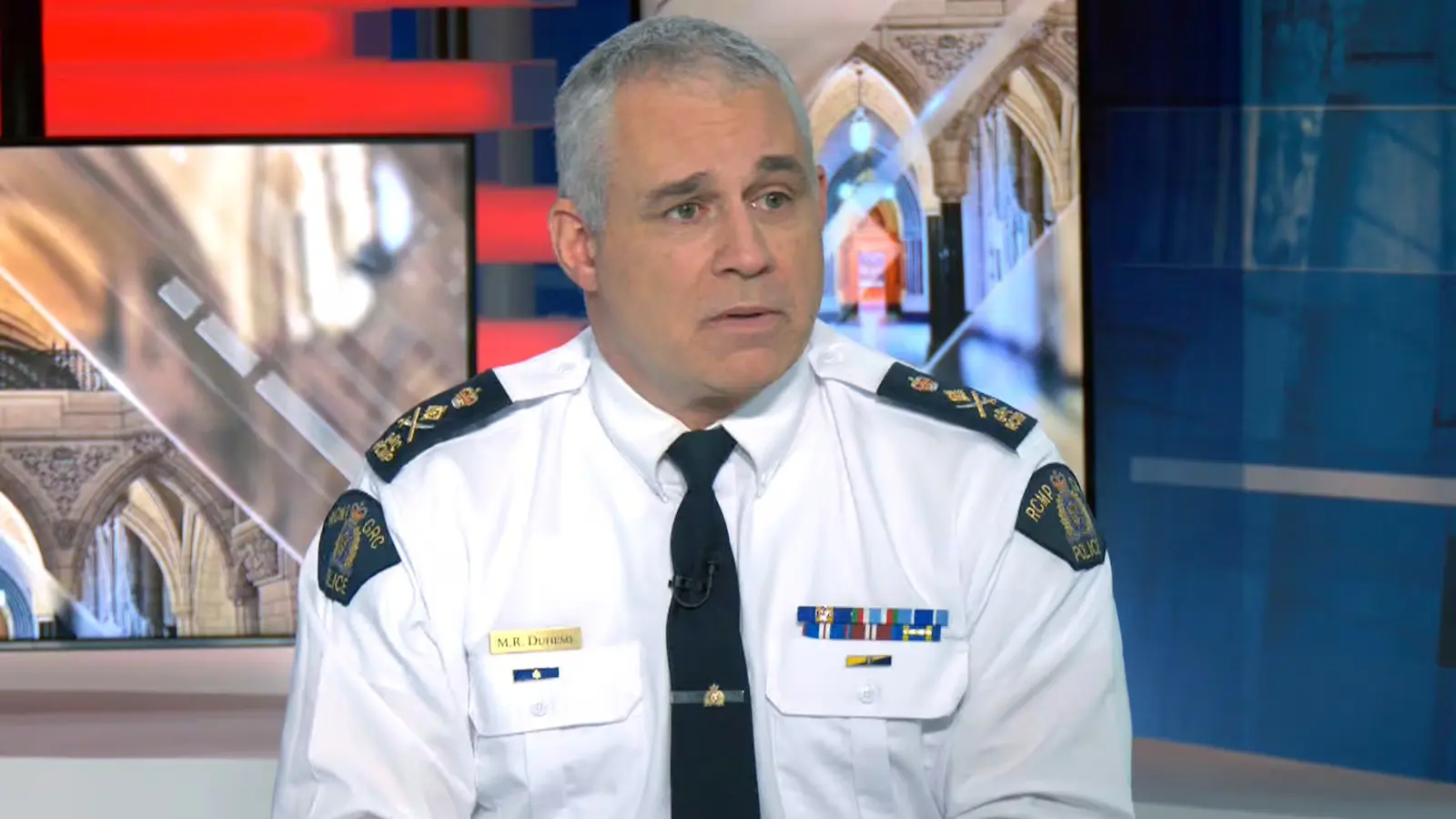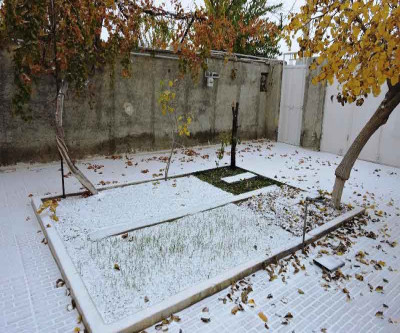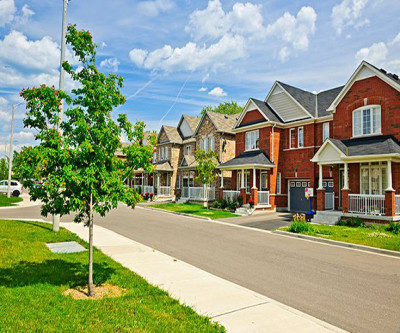Latest News
- There was no winner for the $80 million Lotto Max jackpot, and the prize was rolled over for the fifth consecutive time.
- How the N.W.T. Polar Bear License Plate Became a Collector's 'Holy Grail'
- "Astronomical ticket prices for the 2026 World Cup in Toronto; fans' access to games at risk"
- Carney names new Canadian ambassador to US: former BlackRock executive
- Canadian Health Minister Says US Health Institutions Can No Longer Be Trusted
Latest Ads
-
Jasmine Jewel
Call
-
Omidan group
Call
-
Amir Madanpour
Call
-
Dimo studio
Call
-
Yorkacademy
Call
-
Maryambagheri
Call
-
Shishlix Restaurant
Call

RCMP personnel at Canada-U.S. border up 35% in last three weeks: commissioner
The number of Canadian Royal Capital Police (RCMP) on the Canadian -US border has increased by 5 % over the past three weeks. This has been confirmed by the Commissioner for Mike Dehm.
The increase has been followed by US President Donald Trump's threats to impose heavy tariffs if Canada does not strengthen its border security.
In an interview with the Power Play program of CTV, the Canadian National Police had increased its presence at the border by "temporarily moving resources" from other areas.
In a conversation with Vasi Coples, the program's presenter, he said:
"There are always new priorities. "We, as an organization, must be flexible, and it is not an abnormal police force to move its resources to priorities with a minimum impact on other activities."
On Saturday, Trump signed an executive order that if Canada's border security fails to strengthen, it would impose a 5 % tariff on Canadian goods and a 5 % tariff on Canada.
Following the phone call of Canadian Prime Minister Trump and Justin Trudeau on Monday, Canada took five days to take more security. In this call, Trudeau pledged to expand the $ 1.5 billion border protection plan announced in December.
In addition to the appointment of a "special official in Fentanil", Trudeau wrote in a post on social network X that nearly 6,000 front line forces are operating or will be operating soon.
"I had a good contact with President Trump right now. "We are implementing our $ 1.5 billion borderline program - strengthening the border with new helicopters, advanced technologies, more human resources, better coordination with American partners, and increasing resources to stop the Fentanyl flow."
- Justin Trudeau (@justintrudeau), February 1
The two -year -old confirmed that the 6,000 are a combination of Canadian Border Services Agency (CBSA) and the Royal Canadian Royal Police (RCMP). In addition, different provinces have also provided forces to help this effort.
However, the Canadian cavalry police are faced with constant challenges in recruitment and shortage, especially in the Saskatchewan and Manitoba provinces where the number of vacancies is increasing.
When Caples asked whether he could assure RCMP forces move to the border, he would not reduce resources in other sectors and would not affect Canadian public security, he replied:
"Our number one priority is public security."
On Thursday, CTV News asked the Minister of Public Safety, David McGginti, about the transfer of RCMP forces from other stations to the border, as well as ensuring that public security is not endangered by Trump.
McGginti said in response.
"I am fully confident in the ability of the Canadian Royal Royal Police to establish the forces and resources needed at the border. "Also, I'm quite sure that they will do their contractual and federal police responsibilities properly."
"I fully accept the statements of the Dual Commissioner."
News source
Suggested Content
Latest Blog
Login first to rate.
Express your opinion
Login first to submit a comment.
No comments yet.


































